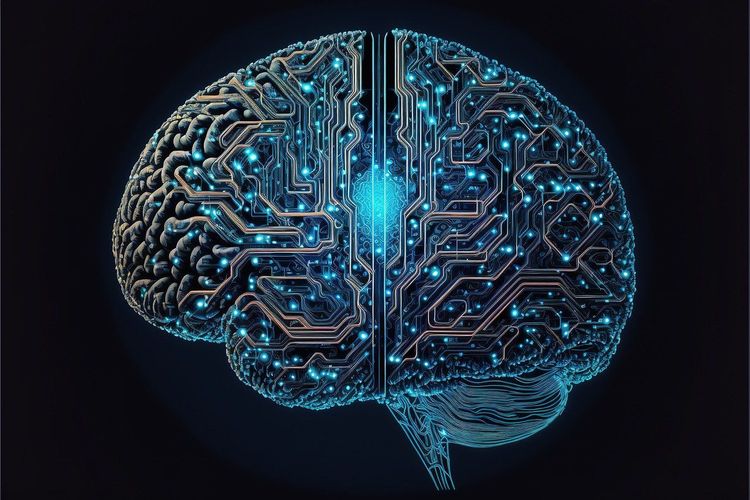In the ongoing discourse surrounding AI industry open letters, the latest one, titled “Build AI for a Better Future,” falls notably short. Initiated by venture capitalist Ron Conway and his firm SV Angel, the letter boasts over 300 signatories from major companies including OpenAI, Salesforce, Google, Meta, and Microsoft. OpenAI CEO Sam Altman praised the letter’s inspirational intent, while other signatories proudly endorsed it.
However, the letter merely spans four brief paragraphs, lacking the necessary specificity and context. This is particularly concerning as Google faces scrutiny over its Gemini project, OpenAI's nonprofit model and AGI ambitions are under fire again, and Anthropic's new Claude 3 models are being touted for near-human capabilities.
The letter makes vague assertions about AI's role in enhancing human life and emphasizes collective responsibility in AI development. Yet, it fails to clarify its key messages, intended audience, or the urgency for its publication. Given the current discussions about transparency, accountability, and pressing concerns regarding AI’s implications for climate change, employment, elections, and warfare, such omissions are glaring.
The “Build AI for a Better Future” letter does not address these critical questions or the complex challenges AI development faces, including lawsuits and deepfakes. In a previous analysis, I noted that while AI holds potential for positive impact, the industry struggles to communicate its true value and the rationale behind its rapid advancement. The phrase, “AI is still early, but it’s on its way to improving everyone’s daily life,” hardly suffices as a response.
Critics have echoed similar sentiments. Emily Bender, a professor of linguistics at the University of Washington, satirized the letter with her own version, “Build ‘AI’ for a More Exploitative Future,” highlighting concerns regarding data privacy and job security. Meredith Whittaker, president of the Signal Foundation, described the letter as “odd,” as if it had been generated by an AI algorithm, lacking in genuine persuasion or commitment.
Unlike the impactful open letters from 2017-2021, which demanded accountability from tech giants, this latest iteration seems more like corporate marketing aimed at showcasing the goodwill of companies unwilling to enact meaningful change. Whittaker deemed it a “profoundly patronizing document” that fails to present clear commitments towards measurable progress.
In conclusion, without addressing the pressing issues at hand and offering tangible solutions, the open letter “Build AI for a Better Future” risks becoming just another empty declaration in the rapidly evolving AI landscape.







